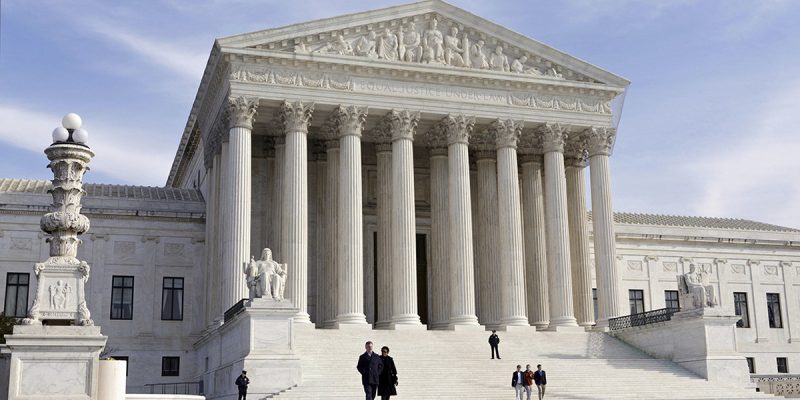Some few weeks ago, the United States Supreme Court temporarily blocked a ruling of the Fifth Circuit Court of Appeal in New Orleans which upheld Louisiana’s most recent anti-abortion law. The ruling gained notoriety because Chief Justice John Roberts joined with the court’s more liberal members in blocking the ruling of the Fifth Circuit.
In short, the Louisiana law would have required doctors performing abortions in Louisiana to have admitting privileges in nearby hospitals. Seems rational enough, but a federal judge in Baton Rouge struck the law down, finding it conflicted with a case from the supreme court in 2016. The Fifth Circuit reversed, finding the law constitutional. The supreme court, with Chief Justice Roberts joining the more liberal wing, stepped in to temporarily stay the Fifth Circuit‘s ruling pending review by the Supreme Court.
Many conservative commentators decried Chief Justice Roberts’ vote to halt the Fifth Circuit’s ruling, accusing the Chief Justice of flipping on the important issue of abortion.
I’m not so sure.
Michael Dorf, a pro-abortion law professor at Cornell, made an interesting point in that the Chief may just want the privilege of overturning Roe himself:
Chief Justice John Roberts surprised some observers when he joined his four more liberal colleagues to grant a stay of the decision by the U.S. Court of Appeals for the 5th Circuit in June Medical Services v. Gee. The stay blocked Louisiana’s law requiring doctors performing abortions to have admitting privileges at local hospitals. The petitioners argued that the Louisiana law was substantially similar to the Texas admitting privileges law that the Supreme Court invalidated less than three years ago in Whole Woman’s Health v. Hellerstedt. The petitioners also contended that the distinctions drawn by the appeals court between the two states’ laws were unpersuasive. The chief justice dissented in Whole Woman’s Health. By voting to stay the Louisiana law, was he signaling a retreat from his position there? Does he now accept the court’s abortion jurisprudence as settled?
Maybe, but there is a simpler and likelier explanation. Roberts cares a great deal about the Supreme Court as an institution. When a state court or lower federal court defies or evades the high court’s precedents, it challenges the court’s authority. Accordingly, it is easy to imagine that the chief justice thinks Whole Woman’s Health and the cases it applied — including Roe v. Wade and Planned Parenthood v. Casey — should be overruled. However, he does not take kindly to lower courts usurping his court’s prerogative of deciding whether and when to overrule its own cases.
I think Dorf may be right. The Chief is on record as thinking the cases relied on are bad law. Whole Women’s Health is a relatively new case with very low precedential value, so it is not hard to believe that Roberts would be in favor of overturning it.
Even more, if the Supreme Court declines to hear the case, then its stay by its own terms is lifted, the Fifth Circuit judgment is reinstated, and the law is upheld. Although I must confess I think that scenario is unlikely because if only 4 justices vote to review a ruling then the Court reviews it. We can be fairly certain that 4 of the more liberal justices on the Court would want to overturn the Fifth Circuit.
Absent a crystal ball, we cannot accurately determine whether the law will eventually be upheld. But we do know that the ruling, contrary to some news reports, is not the end of the Louisiana law. It’s merely another step on the path. We should know more in a few months.
Advertisement
Advertisement

